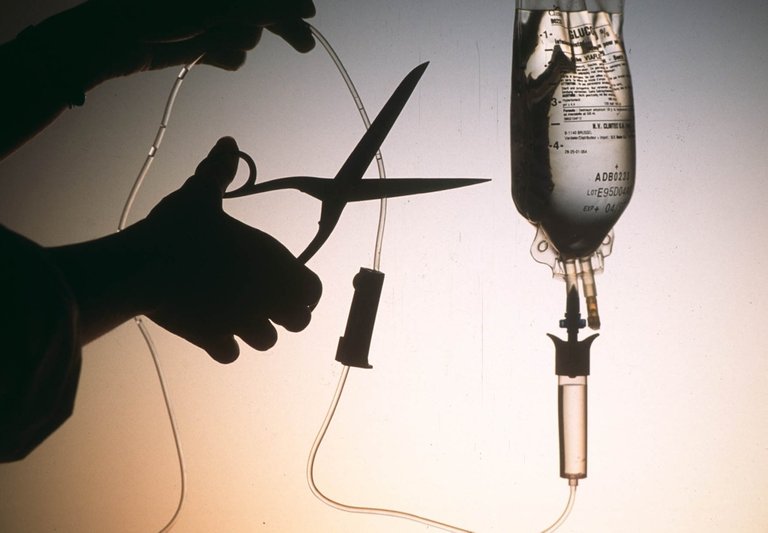From the recent legalization of euthanasia in the Netherlands, the following premise can be extracted: "The right to die must be guaranteed by the State in the same way as the right to live". According to the World Health Organization (WHO) defines euthanasia as that “action of the doctor who deliberately causes the death of the patient”. Therefore, this type of specialized legislation establishes that doctors execute the will of the patient without any protocol other than the following: Having listened to the patient's authentic request about his desire to end his life, having consulted the case with, at least, a medical professional independent of the case and having informed the patient and his family about the irreversibility of the disease and its painful outcome. All of which must be reflected in his reports, so that the early and induced termination of the life of the bereaved is supported due to the level of suffering and degradation to which he would be subjected before his death. In this case, the purpose is the same: to end a sick life.
As if that were not enough, the patient's desire is a responsibility that falls on the treating doctor and he has the obligation to report the fact to the State agency in charge of evaluating these cases, because if for some reason the death is the cause of an event Euthanasia is wrongful or is not justified, the doctor will be charged with the crime of homicide. This action on the patient, with the intention of taking his life, was called, it is called and should continue to be called homicide. The information and knowledge of the patient about his illness and his free and voluntary demand to end his life, the so-called assisted suicide, does not modify that it is a homicide, since what is proposed is in serious conflict with the guiding principles of the Law and of Medicine to our days.

This practicality has been debated with the argument that the lack of controls over the actions of a person who has the knowledge to end the life of another can lead to abuse or errors. But the truth is that these cases have not been presented since the publication of the law in 2002, because the decision to end the life of a person is accompanied and witnessed by the same family and friends. Inclusive, the legislation provides that the human being can be heard about his desire to euthanize from 12 years of age.
According to the Remmelink Report on the practice of euthanasia in the Netherlands, 1,000 deaths were reported by euthanasia without consent in 1990. These become 1,000 reasons to oppose active euthanasia. Also in cases where euthanasia is requested by the sick patient, there is a serious ethical problem because it is a social and professional defeat to the problem of disease and death.
Personal autonomy is not an absolute. If there were this absolute right over life, there would be other rights such as the possibility of selling your own organs or voluntarily accepting slavery. So, let's take the most liberal, or the most complicated, path that would involve an administrative or, even, jurisdictional procedure to authorize euthanasia. The reality is that the legislator is obliged to produce the rules, and thus regulate the execution of euthanasia.
We must be respectful with life and also with death. At the end of life, treatments that according to scientific knowledge will not improve the patient's condition should be suspended; and only the painkillers, hydration, nutrition and ordinary care necessary must be maintained until the natural end of life. For this reason, the State must guarantee the right to life and also the right to a dignified death for those destined to suffer disproportionately, and without any sense, because of an incurable disease.
What do you think about euthanasia? Do you agree with this practicality? I would like to know your opinion to expand the analysis.
Regards, Antonio.